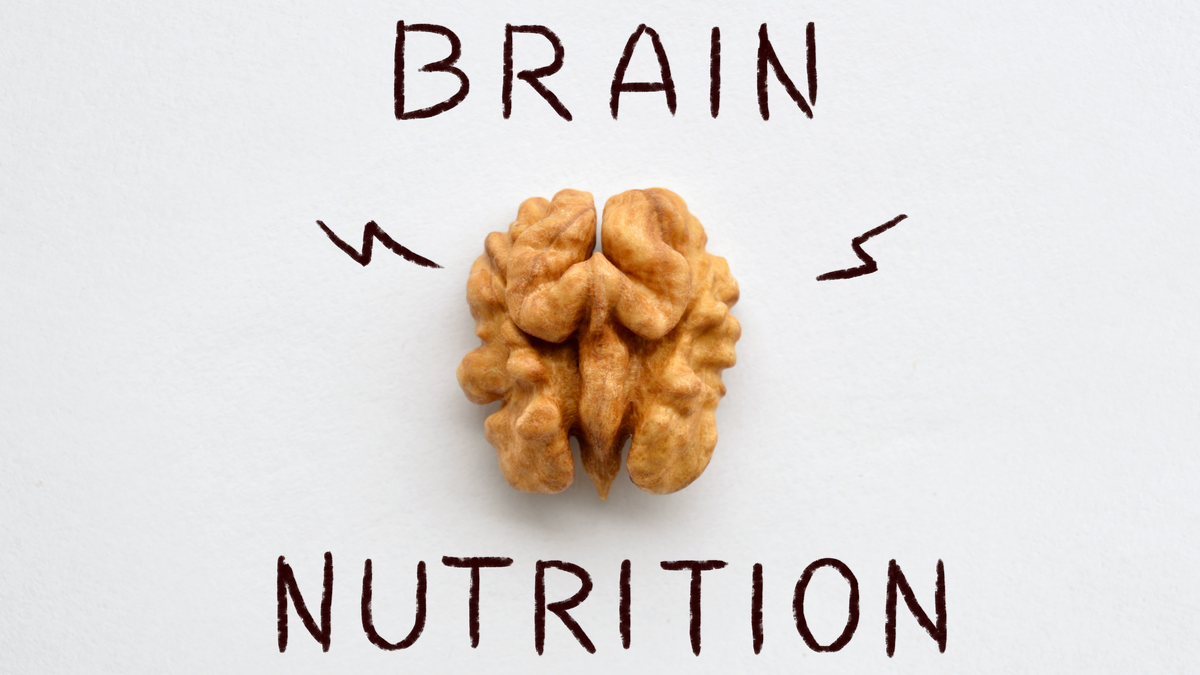College life can be demanding, with late-night study sessions, early morning classes, and an endless list of responsibilities. It’s no surprise that many college students experience fatigue or a lack of energy. Whether you’re trying to keep up with assignments, extracurricular activities, or social events, maintaining high energy levels is crucial to your student health and wellness. If you’re feeling drained, here are some common reasons why—and tips on how to get your energy back.
1. Stress and Anxiety
Stress is one of the most common causes of fatigue among college students. The constant pressure of exams, deadlines, and juggling multiple responsibilities can leave you feeling mentally and physically exhausted. Stress not only saps your energy but can also weaken your immune system, making you more susceptible to illness.
How to Replenish Your Energy: To manage stress effectively, develop a stress-maintenance plan. Incorporate relaxation practices into your daily routine, such as mindful activities like tai chi, meditation, or deep breathing exercises. These activities help reduce anxiety, calm your mind, and restore your mental wellness. Engaging in regular stress-relieving activities helps you stay grounded, focused, and energized, both physically and mentally.
2. Insufficient Exercise
When you’re feeling low on energy, the thought of exercise might seem like a chore. However, regular physical activity is essential for boosting student health and maintaining a high level of energy. Sitting still for hours—whether in class, studying, or binge-watching TV—can lead to a decline in motivation and physical energy.
How to Replenish Your Energy: Contrary to how it may feel, moving your body actually helps fight fatigue. Physical exercise increases blood flow, releases endorphins, and improves overall energy levels. Whether it’s a short walk, a quick workout at the campus gym, or a session of yoga, exercise will help you combat fatigue and improve your focus. Aim to get at least 20-30 minutes of physical activity every day to keep your energy high.
3. Need for Sleep
Late-night cramming and early morning classes can disrupt your sleep cycle, leading to chronic tiredness. Sleep deprivation is a major energy drain and can affect your cognitive abilities, mood, and overall health. Most college students need between 7-8 hours of sleep each night to function at their best.
How to Replenish Your Energy: To restore your energy, prioritize a healthy sleep schedule. Set a consistent bedtime and wake-up time—even on weekends—to regulate your body’s internal clock. Create a calming bedtime routine to wind down before sleep, such as reading a book or practicing relaxation techniques. Avoid late-night screen time, as the blue light from phones and laptops can interfere with your sleep quality.
4. Dehydration
Even mild dehydration can cause significant fatigue and lack of focus, which is especially common during exam periods or after a long day of classes and activities. College students often overlook hydration, opting for caffeinated beverages or sugary drinks, which can contribute to dehydration.
How to Replenish Your Energy: Stay hydrated by drinking water throughout the day. Aiming for at least eight 8-ounce glasses of water is essential, but you may need more if you’re physically active, in hot weather, or drinking alcohol. Carry a reusable water bottle with you to make hydration easy and convenient. After a workout or long day, be sure to replenish any fluids lost through sweat.
5. Illness or Health Conditions
Illness, whether chronic or temporary, can take a toll on your energy levels. Conditions like the flu, colds, or more long-term health issues can leave you feeling worn out and drained. If you’re feeling unusually tired or fatigued, it’s important to consider the possibility of an underlying health issue.
How to Replenish Your Energy: If you’re constantly feeling exhausted despite healthy habits, it’s worth scheduling a check-up with a doctor or campus health center. Sometimes, persistent fatigue can be a symptom of an underlying condition like anemia or thyroid issues. Getting the proper diagnosis and treatment will help restore your energy and support your college health.
6. Unhealthy Diet
The food you eat directly impacts your student health and energy levels. Highly processed foods, sugary snacks, and unhealthy fast food can provide a quick energy boost, but they also lead to energy crashes later on. Conversely, nutrient-dense foods like fruits, vegetables, whole grains, and lean proteins provide sustained energy.
How to Replenish Your Energy: Fuel your body with whole, nutritious foods that support long-lasting energy. Focus on incorporating healthy fats, lean proteins, and fiber-rich carbohydrates into your meals. Foods such as oatmeal, nuts, seeds, avocados, and leafy greens provide essential vitamins and minerals that promote student wellness. Avoid excessive sugar and processed foods, as they can cause energy dips and irritability.
7. Poor Mental Health
Mental health plays a significant role in your overall energy levels. Anxiety, depression, and other mental health challenges can sap your energy and make you feel constantly drained. It’s important to recognize that your mental wellness affects your physical health, and addressing mental health issues can lead to an improvement in energy.
How to Replenish Your Energy: Take steps to improve your mental health by incorporating self-care practices, seeking counseling services if needed, and developing positive coping mechanisms. Engage in activities that make you feel good and help reduce stress, such as spending time with friends, journaling, or pursuing a hobby.
Reclaim Your Energy and Improve Your College Health
If you’re feeling drained or fatigued, it’s likely a combination of lifestyle factors that are affecting your energy levels. By taking steps to reduce stress, prioritize sleep, stay hydrated, exercise regularly, eat a balanced diet, and seek medical advice when needed, you can restore your vitality and achieve better student health and wellness.
Remember, maintaining college health isn’t just about focusing on physical well-being; it’s about balancing both your mental and physical needs. Implement these strategies to improve your energy, feel more engaged, and make the most of your college experience.





